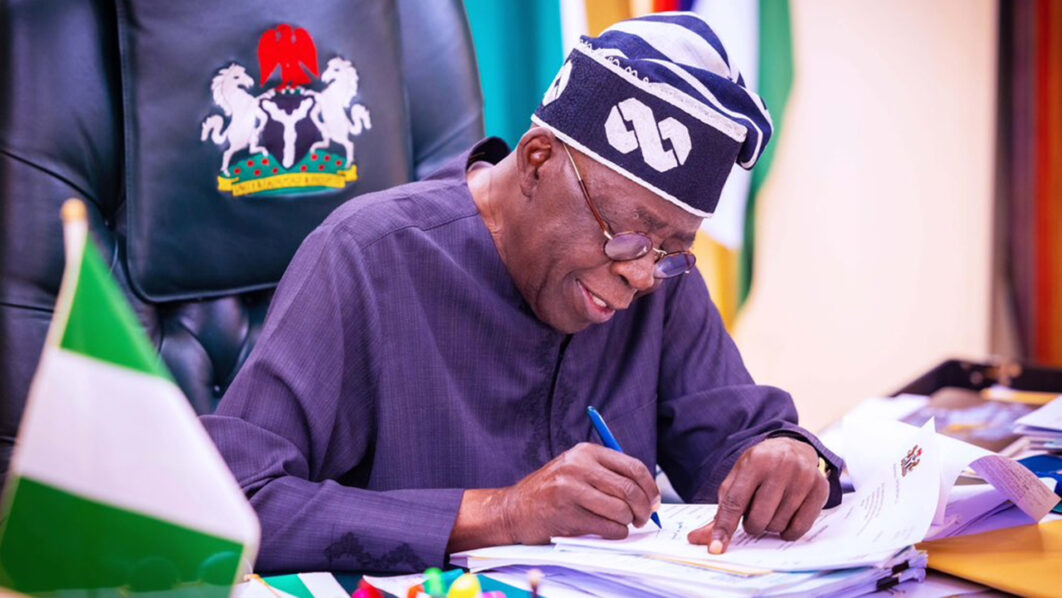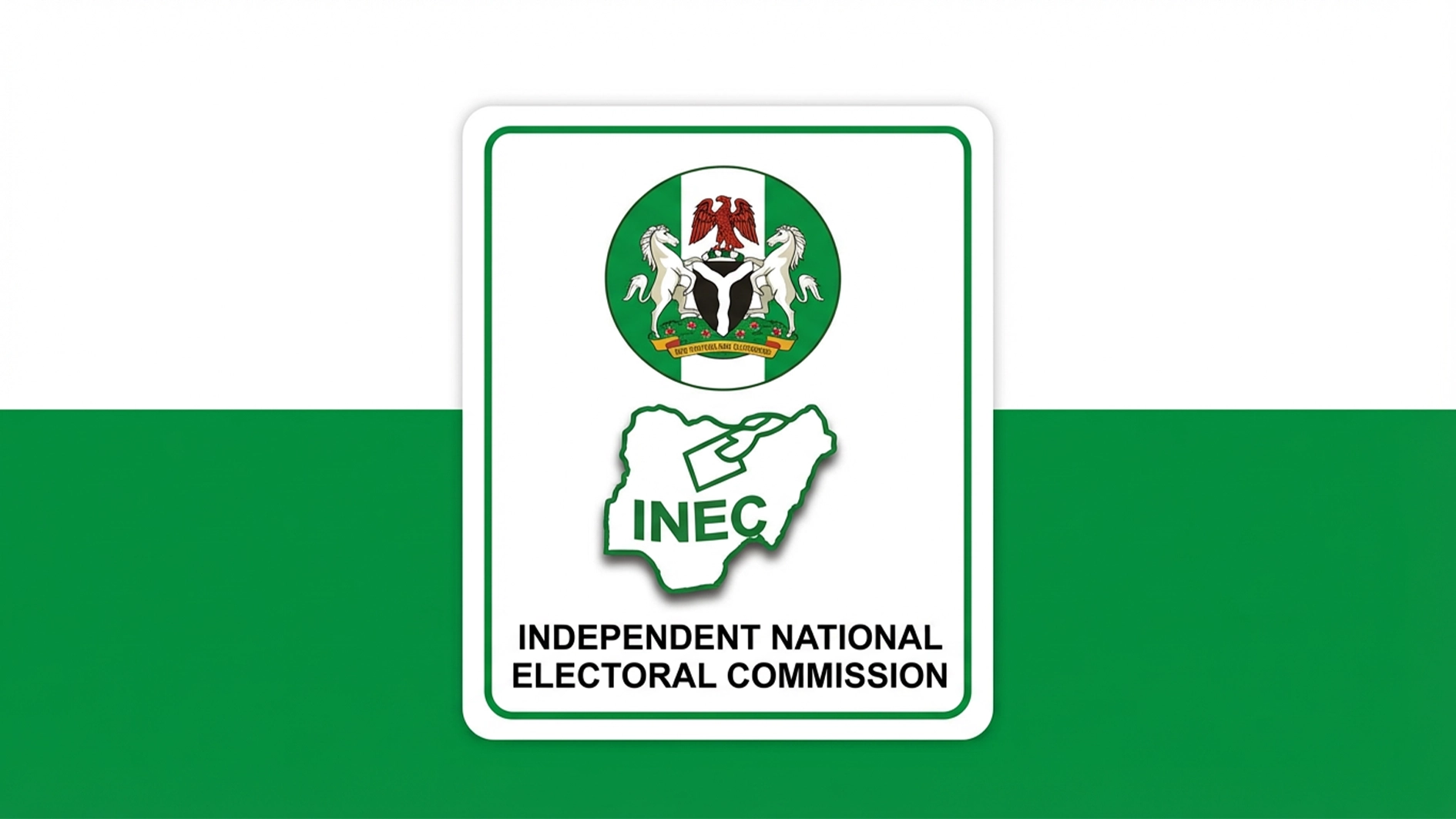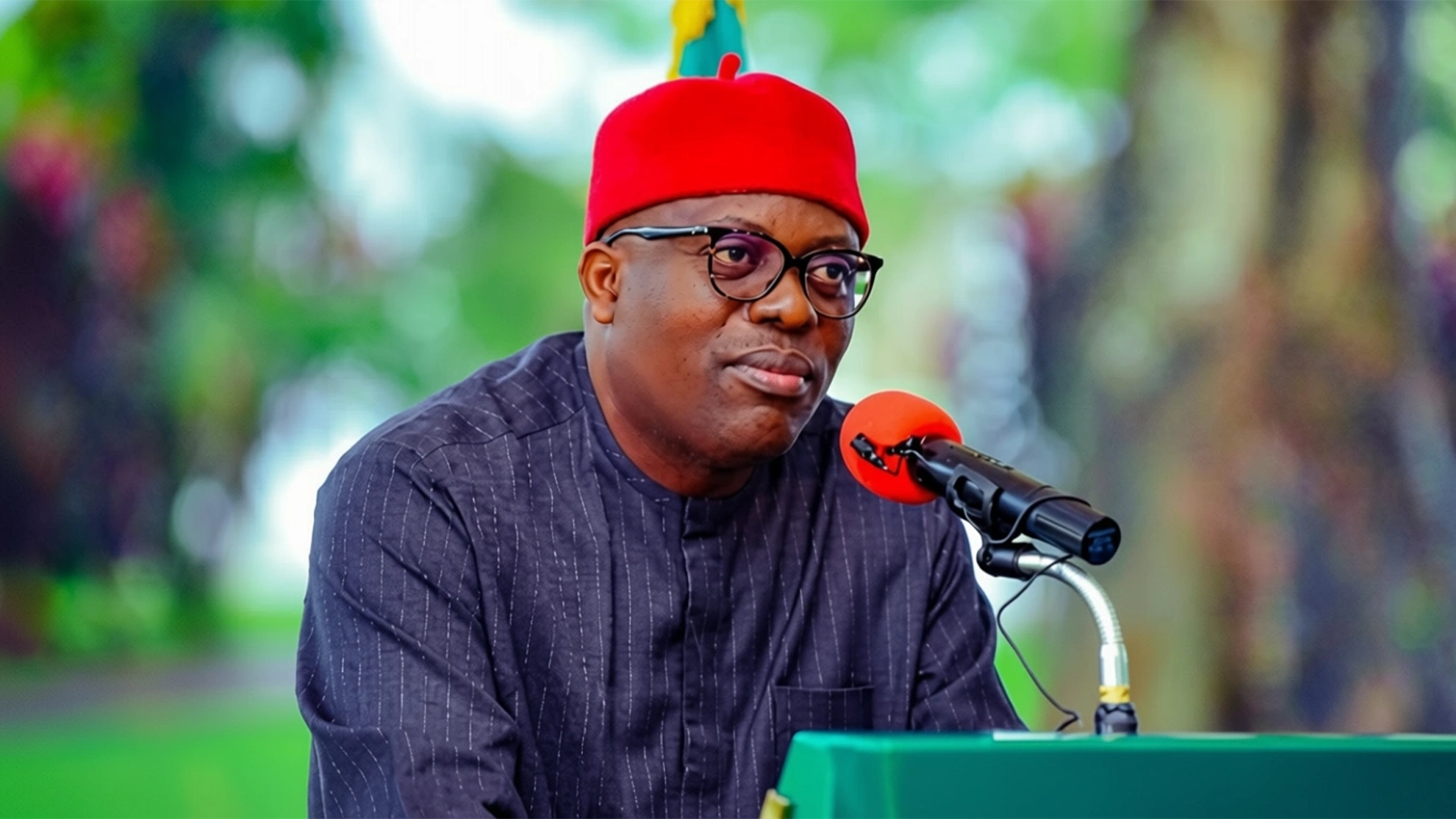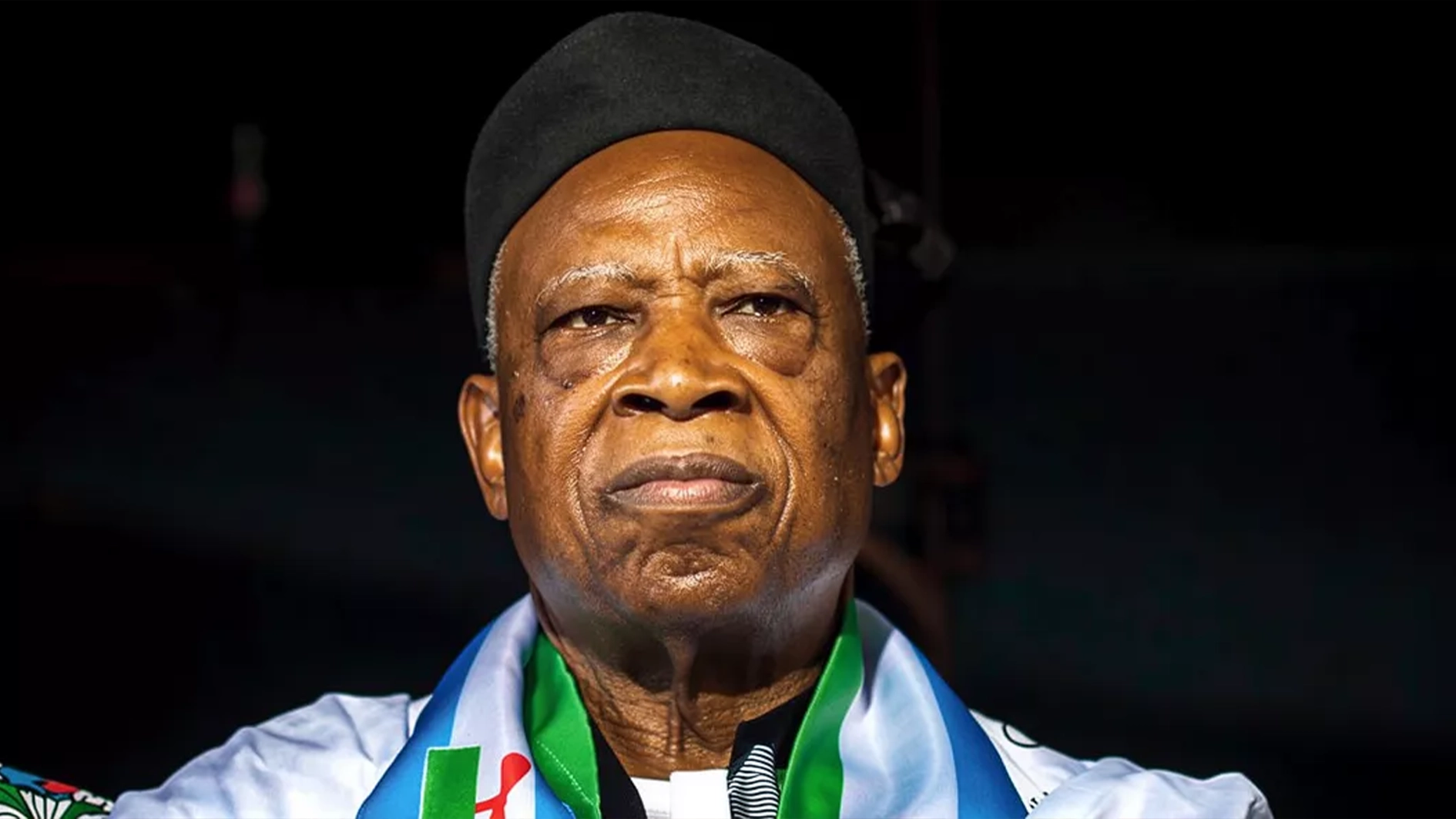
The current administration has commenced bit-by-bit execution of the restructuring agenda that President Bola Ahmed Tinubu vehemently supported before his presidency. Now in the saddle, the approach belies the urgency of the restructuring plan with mounting doubts on Mr President and his ruling party’s original commitment to the cause, SEYE OLUMIDE reports.
Even though many Nigerians, including a faction of the leadership of Yoruba socio-political group, Afenifere led by Pa Ayo Adebanjo, have been uncomfortable about the political will of President Bola Ahmed Tinubu, to restructure Nigeria, those who perceived the former governor of Lagos State, as a committed democrat and an astute progressive, were of the opinion that the incumbent was the best among the three major presidential candidates in the 2023 general elections, to retool the governance system to true federalism.
Both schools of thought hinged their convictions on the antecedents of Mr Tinubu and the ruling All Progressives Congress (APC), especially the promises by the ruling party before coming to power in 2015.
The Ayo Adebanjo and co posited that the APC, of which President Tinubu, is a major founding member, deceived Nigerians in 2015 that it would restructure the country, if elected as promised in its manifesto, but that throughout the eight years of former President Muhammadu Buhari, nothing of such happened.
The group also said that for President Tinubu to have publicly opposed the 2014 National Conference and remained silent for eight years when his immediate predecessor described the 2014 conference report as best for the archives, to trust Tinubu to do otherwise in power is a mirage.
The Adebanjo group also said that the ruling APC flagrantly denied and rejected itself when it jettisoned the report of the Nasir el-Rufai’s Committee on True Federalism, which it set up in 2017 to look into the demands for restructuring.
El-Rufai’s Committee in its January 2018 report, which was submitted to the National Working Committee (NWC) of the APC, called for more devolution of powers to the states. It also recommended that the police and prisons be moved from the exclusive to the concurrent list, just as it also recommended that the state government should be allowed to establish state police to handle certain crimes as well as state prisons.
The committee equally recommended independent candidacy but with a clause that individuals who intend to stand for elections must not have been a member of any political party at least six months prior to the elections in which they intend to contest.
It also urged for local government autonomy. But the then leadership of the ruling party looked elsewhere and never discussed the report throughout the tenure of erstwhile President Buhari.
Putting all these factors together those in doubt of President Tinubu’s political will and determination to handle the issue, said APC, as a ruling party may not be favourably disposed to rearrange the current governing structure Nigeria to true federalism as its proponents have been calling for.
However the other school of thought said Tinubu, had shown an example of someone with a political will to restructure the country as far back as 2003, when he created additional 37 Local Council Development Areas (LCDAs) in Lagos State. This, according to them, Tinubu also defended to the Supreme Court despite the fact that the then President Olusegun Obasanjo of the erstwhile ruling People’s Democratic Party (PDP) was opposed to the additional LCDAs, and therefore seized councils’ allocation meant for Lagos State.
They argued that the incumbent president had shown the example of someone willing to restructure the country considering his past antecedents and participation in the National Democratic Coalition (NADECO), Afenifere, and other progressives’ struggles whose cardinal objective is to see the country restructured to true federalism.
Both divergent positions have however heightened the expectations of Nigerians, right from when President Tinubu indicated interest to contest the presidency in 2022.
While the faction of Afenifere pitted its tent with Peter Obi of the Labour Party’s presidential candidate, the other supported Mr President. Fifteen months after Tinubu assumed office, the mixed feelings about his political will to restructure the country has been on despite the series of constitutional amendment bills currently before the National Assembly. While the radical Afenifere, Pan Niger Delta Forum (PANDEF) Movement for the Emancipation of the Niger Delta, Middle Belt Forum (MBLF), Yoruba Oodua Union (YOU), Yoruba One Voice (YOV), NADECO, Southeast apex socio-cultural organisation, Ohanaeze Ndigbo and others are bent on holistic restructuring of Nigeria, the National Assembly seems to be going the way of piecemeal approach to restructure through constitutional amendment.
Former governor of Ogun State, who also chaired the Constitution Drafting Committee of APC in 2014, Segun Osoba, re-emphasised his position that no restructuring of the governing system in Nigeria could be done without the input of the current National Assembly.
Contrary to the arguments that the current National Assembly is part of the flaws of the 1999 Constitution and therefore cannot legislate on restructuring, Osoba said, “If today the country will subject any Constitution amendment procedure or a newly drafted Constitution to a referendum, it has to go through the National Assembly since it is not possible for the president to legislate laws.”
Osoba also dismissed notions that the ruling party had been totally against restructuring despite promising to do so in her manifesto. He said, “The progressive wind of APC has always been advocating for restructuring of the country to true federalism, which led to the appointment of Nasir El-Rufai’s Committee on restructuring in 2018.”
He added that the party had also made some fundamental amendments to the 1999 Constitution, which indicated its favourable disposition towards a true federalist Nigeria, adding that it was part of efforts of the party that brought about the recognition of June 12, as Democracy Day instead of the initially recognised May 29. “I therefore say that it is not true that APC is in totality against restructuring as some people have been claiming”, he stated
But considering some of the bills currently before the National Assembly such as State Police, Ranching Bill, bill on regionalism, rotational presidency, resources control and others, observers are beginning to think that the Tinubu-led administration may have begun the piecemeal restructuring of Nigeria through a constitutional amendment approach. But the concern is if he will have the courage the see the bills through to becoming laws.
Taking a cursory look at part of the 2014 Conference report, the conference recommended rotational presidency between the North and South and governorship among the three senatorial districts of each state, phasing out of cattle routes and grazing reserves to lay emphasis on ranching, creation of another 18 new states (three per geo-political zone), devolution of more powers to the states, Fiscal Sharing Formula, state police, rotational presidency, return to the old National Anthem, local government autonomy among others, it may not be out of place to conclude that the piecemeal approach to restructure Nigeria has commenced through constitutional amendment process, as postulated by Osoba and those with similar views.
Giving credence to the ongoing development, a group called “The Patriots” led by former Secretary General of Commonwealth, Chief Emeka Anyaoku, recently met with President Tinubu and appealed to the President to send an executive bill to the National Assembly, to convene a National Constituent Assembly with the mandate to produce a draft people’s democratic constitution, while the constituent assembly should be of directly elected individuals, on a non-political basis, from the 36 states of the federation, possibly three individuals per state and one from the FCT.
The Patriots also requested legislation for a national referendum to which the draft constitution emerging from the constituent assembly should be subjected.
Although Mr. President expressed his respect for The Patriots and their contributions to national discourse, he said his major concern for now is to fix the economy.
Some members of The Patriots present at the meeting were former Ogun State Governor, Olusegun Osoba; former Minister Information, Mr Labaran Maku; former senator representing Kaduna central district, Shehu Sani, former Minister of Women Affairs, Pauline Tallen and Human Rights Lawyer, Mike Ozekhome, among others.
But some critics viewed The Patriots sudden position as part of the Tinubu’s led administration propaganda to buy time and dissuade Nigerians attention. The doubts surrounding The Patriots visit to Aso Rock, where the demand was made is because some core members of the group were obviously absent while others have expressed displeasure over the demand.
Explaining the presence of some personalities, who were have hardly been identified with The Patriots but were present at the meeting with President Tinubu, the Secretary to the group, Wale Okunniyi said those ones are nominal members of the association but their philosophies align with the demands of the group, which is for Nigeria to have a new and People’s Constitution.
Okunniyi also told The Guardian that contrary to the views of skeptics, President Tinubu’s administration is most likely to achieve something concrete in areas of restructuring through the present National Assembly.
It was also gathered that the incumbent leadership of the Southern Governor’s Forum (SGF), led by Governor Dapo Abiodun of Ogun State is making frantic efforts to encourage all the federal lawmakers across the 17 southern states to speak with one voice regarding the bills aiming to readdress some aspect of Nigeria’s system of governance.
Speaking to The Guardian on the development, President Middle Belt Forum, Birtus Pogu, said the entire Middle Belt would support most of the bills targeted towards state police, council autonomy and the rest. He said that Nigeria could no longer be ruled like a kingdom subjected to a particular ethnic group. Porgu specifically commended the Ranching Bill, saying, when passed and signed into law, it would address the long time crises among the farmers and armed herders.
The Chairman, Afenifere Renewal Group (ARG), Wale Oshun, on his part said President Tinubu must show more commitment to issues bothering on restructuring and that he must not for any reason use the subject as second term campaign strategy.
While the ARG leader faulted the approach of former Presidents Olusegun Obasanjo and Goodluck Jonathan, to restructuring, he said the duo failed to take the issue seriously until it got too late.
“My advice is that the incumbent President can sponsor executive bills to the National Assembly just like he did with the National Anthem, which resulted in the return to the old National anthem,” he said.
He added that he was particularly worried when the Inspector General of Police (IGP), Kayode Egbetokun spoke against state police, stressing that he wondered “whose mind the IGP was echoing contrary to the popular demand for state police”.
Oshun also encouraged President Tinubu to commence the process of devolution of more powers to the state. “Mr. President can achieve all these now to restore order to the country. The progressives among us have always believed that restricting the country is the way to go”, he said






